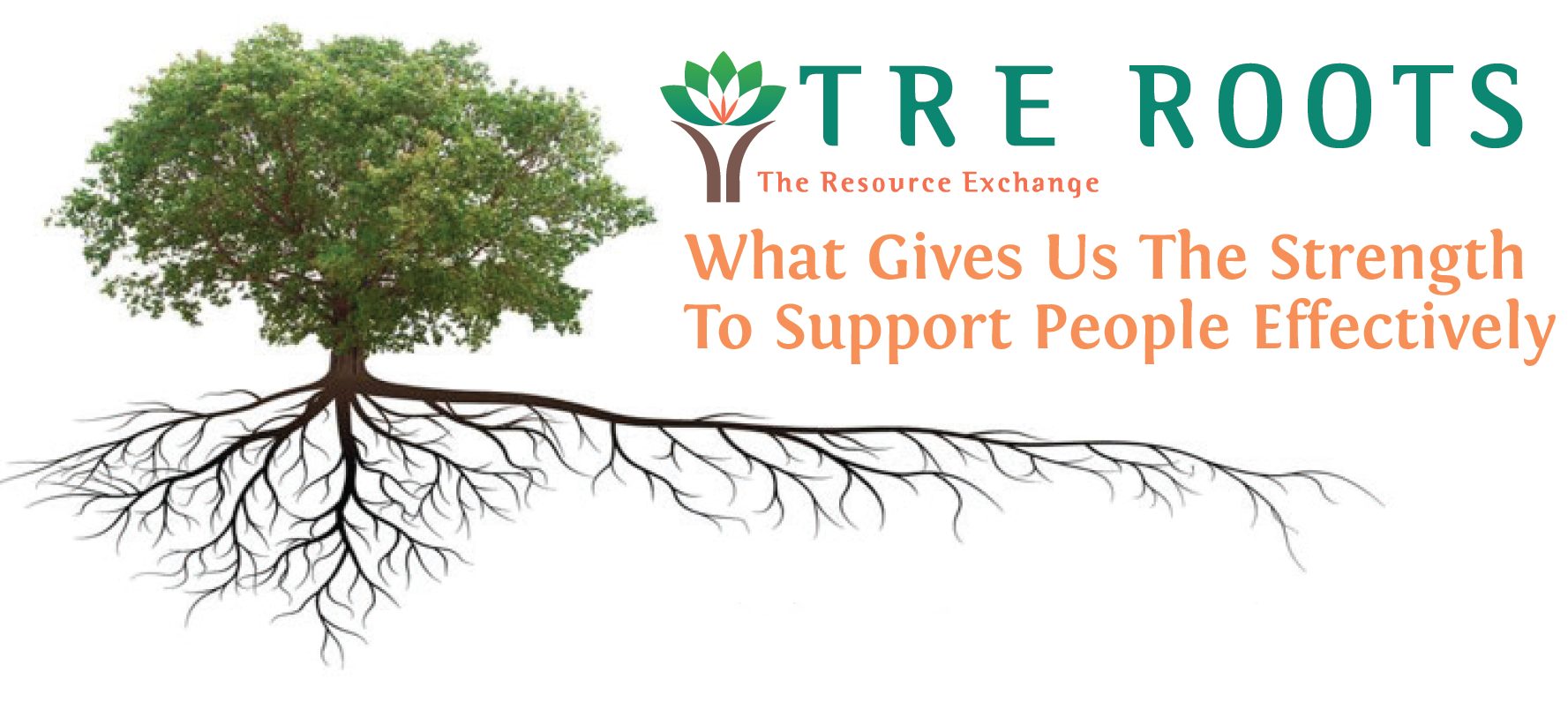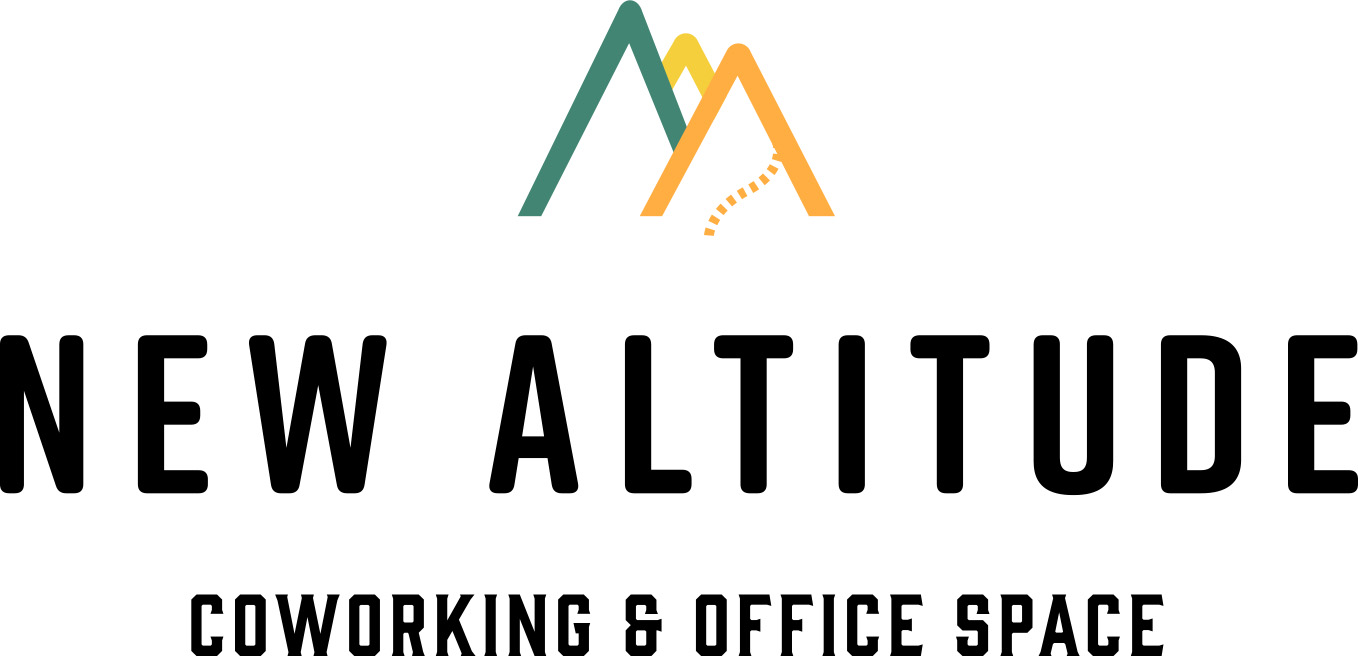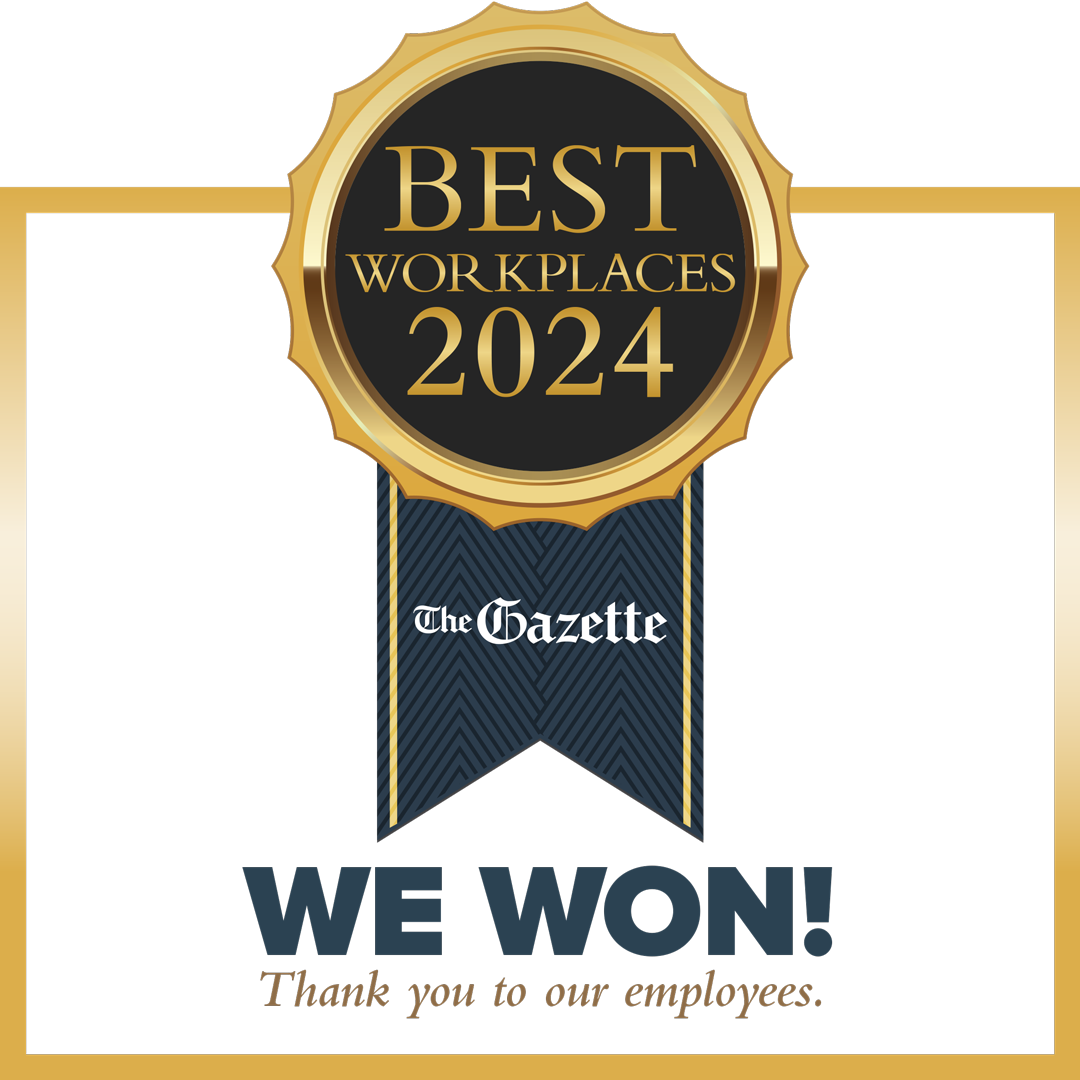

We are proud to share the next in our series of TRE’s cultural “roots”, guideposts that have been identified by TRE as critical to our work. Read more about this organizational effort at www.tre.org/blog-tre-roots/.
TRE Root #14: LOOK AHEAD AND ANTICIPATE
Look Ahead and Anticipate is an important Root for our work at TRE and for us personally because it affects the mindset we use in our approach to work. This Root is about being proactive vs. reactive. Being proactive means anticipating needs, developments, or potential consequences associated with circumstances and events. When we take a proactive mindset, we are more prepared for challenges and timely response. We are able to defuse potential challenges before they become problems. According to an article by Indeed, The Importance of Being Proactive, a proactive person works toward a goal or action which helps them to inherently avoid unwanted circumstances. A reactive person first encounters the unwanted circumstance before devising a corrective goal.
In an article, Why Being Proactive is So Important by Cathy Chapman, an example of this is provided that helped me think about this. If you have a car with 250,000 miles on it, there is a good chance you will begin to have mechanical issues in the future. If you are proactive, you will either go purchase a new vehicle or begin to save money for the repairs. If you are reactive, you have to decide what you are going to do at the time that your car breaks down and the issue is typically much harder to manage.
Being proactive provides you with a number of advantages or benefits at work and in your life. First, you are more prepared and can alleviate problems when you take a proactive mindset. This allows you to more easily correct mistakes or revise your actions and Create Solutions (our Root #25). Your solutions are typically more well thought out when you have considered them in advance rather than reactively. Second, a proactive mindset can help to reduce stress. When you are reactive in your mindset, you tend to barely make deadlines and feel like you are always falling behind. This creates stress for you which makes it harder to focus and be productive. When you are proactive, you feel more in control and can reduce your stress and errors that require your attention. You feel more empowered. Finally, being proactive allows you to plan your projects and tasks and prioritize them, again giving you more control over when and what you are doing. This supports your ability to implement Root #20, Organize Diligently.
Look ahead and anticipate is also important to drive Root #5 Deliver Legendary Customer Service. We may not always get it right when we anticipate what might be needed, but we have the ability to respond more quickly as we see new actions are necessary. As an example of how I look ahead and anticipate, I start work early in the morning because of my personal scheduling needs. It is during this quiet time that I look at my calendar and my to-do list to plan out my day and my week (sometimes my month as well). This helps me consider the varying demands on me and how I will interact with those. I also do this at the end of the week so that when I come in on Monday morning, I can refocus my thinking to what is ahead for me in my work. Early morning may not work for you. You will need to consider what works best for you.
As you go about your work, consider the following:
-
Consider what is on your to-do list for the week or month. How can you establish a plan for approaching those items proactively?
-
Talk within your team about how you can support one another to look ahead and anticipate. What ideas do other team members have to manage heavy workloads in a proactive manner?
-
Share examples of where you observe people looking ahead and anticipating to benefit the people we serve or others on their team.







Leave a Reply